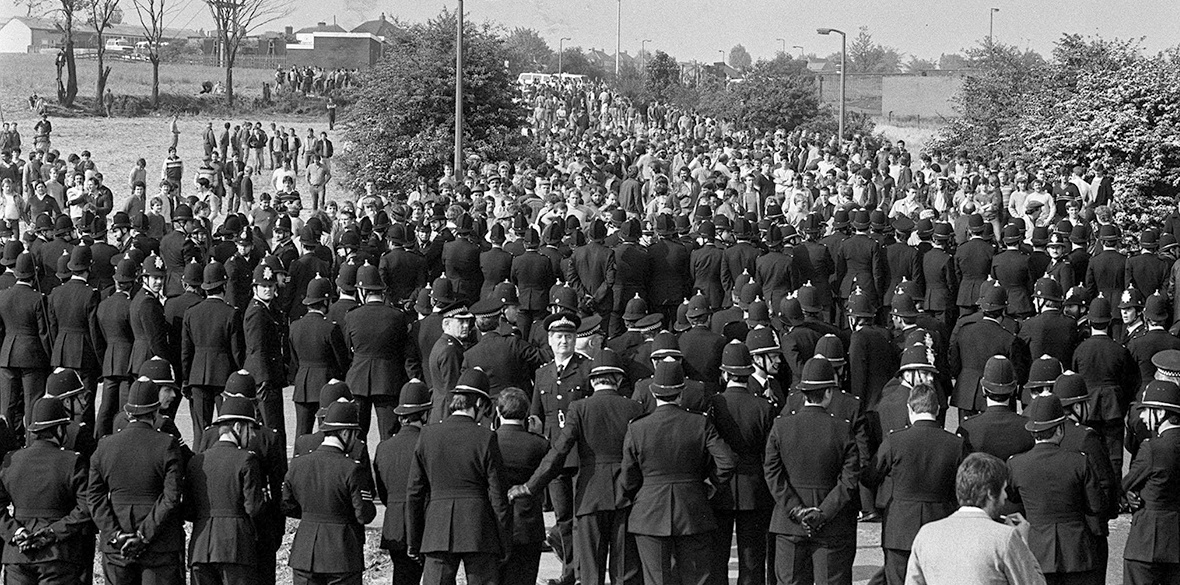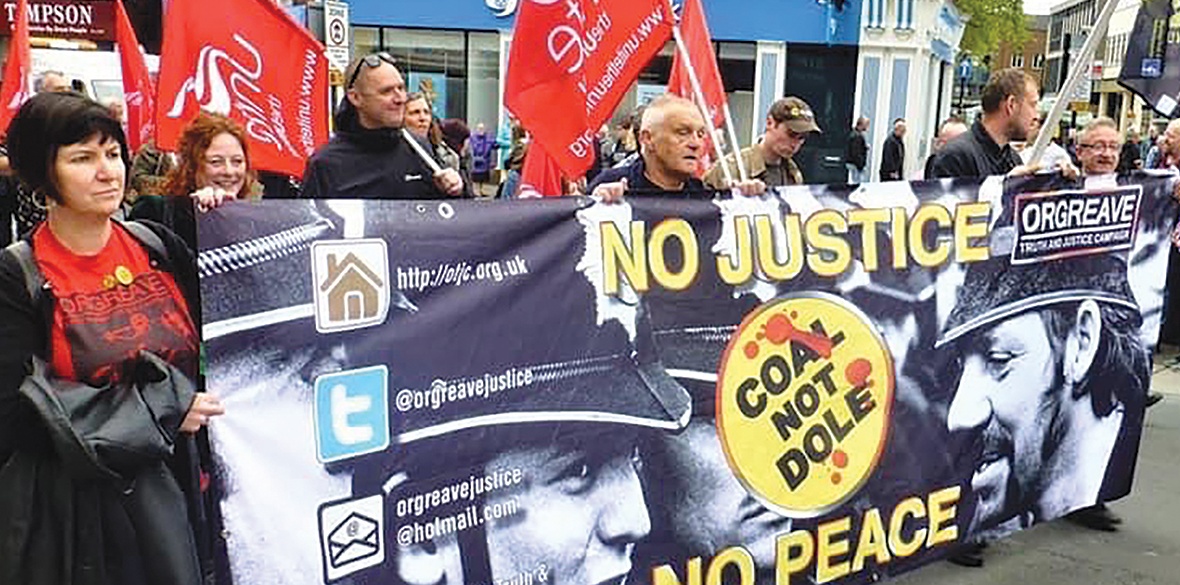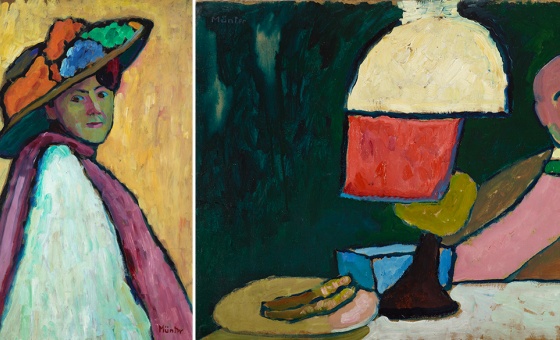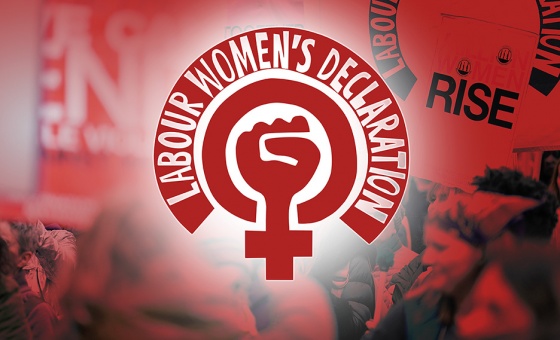This is the last article you can read this month
You can read more article this month
You can read more articles this month
Sorry your limit is up for this month
Reset on:
Please help support the Morning Star by subscribing here
JUNE 18 1984 was a day different to any other during the 1984/85 miners’ strike. Miners weren’t stopped and turned around by the police at roadblocks as had been happening throughout the strike. Instead, they were literally ushered into the fields surrounding the Orgreave coking plant by the police.
What was also different about that day was the vast numbers of police there with 13 different police forces from all over Britain present. All were assembled and briefed to attack, and all done in a time without mobile phones and electronic communication.
Significantly it was also a day different in terms of the extent of police brutality and violence unleashed on those present by well-armed and pseudo paramilitary-trained police units.
Police violence against miners, women against pit closures and supporters sadly became a frequent occurrence in our mining communities and throughout Britain.
Those that were at Orgreave that day say if you’d said you weren’t terrified, you were lying.
Last month marked the 39th anniversary of that day at Orgreave, and as we approach the 40th anniversary it is important that every one of us collectively needs to make next year the loudest possible demand for some kind of Orgreave inquiry.
We don’t need an inquiry just to set the record straight. It is essential to ensure that the repeated Tory and media lies and false narrative that the miners were the violent ones is shattered once and for all.
Besides that, we also need to examine what happened at Orgreave to provide a better understanding of the political policing of today and why government after government seeks to increase police powers to advance their political agendas.
How can it be right that 95 miners faced trumped-up charges of riot and unlawful assembly based on fabricated police evidence, and stood trial for 48 days before being acquitted as the prosecution threw the towel in?
How can it be right that no-one was held accountable for that? We heard plenty about the arrests and how those facing trial should face the full weight of the law – including receiving life sentences.
Tory ministers at that time like Leon Brittan and Nigel Lawson used every mainstream media opportunity to demand this. Despite their interference, the prosecution had no option but to offer no evidence, given the evidence they had produced was so unreliable and, in some cases, clearly falsified.
The lack of accountability over the state-ordered policing benefits those in government and the police who were involved 39 years ago, and those who are involved in suppressing dissent now.
The volume and speed of recent anti-protest and anti-trade union legislation is the legacy of Orgreave and the miners’ strike and it explains the blatant impunity this Tory government wallows in.
It is quite clear that this Tory government views striking workers and environmental activists in exactly the same way as the Tory government of 40 years ago viewed the striking miners.
We should, however, always remember that the truth will always be revealed. This happened with Hillsborough, with Shrewsbury and, last week, we had a step forward for all campaigning and involved in the SpyCops Inquiry.
The Interim Report of the Undercover Policing Inquiry, delivered by one of the most conservative judges in the country, John Mitting, has shone a light on the vile and shameful Metropolitan Police’s Special Demonstration Squad.
We send our solidarity to all sisters and brothers who have never given up their fight for justice.
There is plenty of evidence in the public domain to confirm what we have always known, that the policing of the miners’ strike was controlled by the government.
However, since our campaign started, the government and security services must have ensured that crucial papers are embargoed well into the future.
Our campaign has been informed that some papers of the Association of Chief Police Officers, those responsible for writing and then deploying the tactics in the secret “Manual” which came to light during the 1985 Orgreave trial, are embargoed until 2066.
We have also recently discovered that papers regarding some of those miners arrested at Orgreave from the director of public prosecutions are embargoed until 2071.
Today at Durham we remember and celebrate our comradeship and collective unity.
We look forward to seeing our supporters, old and new, at our stall. Most of all we look forward to marching with our banners held high, with our ears filled with the stirring sounds of the brass bands.
A wonderful day to remember the importance of solidarity and commitment to the class struggle. A day to show our determination and demand for bread and roses, and an Orgreave inquiry too!
Chris Peace is an activist from the Orgreave Truth and Justice Campaign and works as a criminal defence solicitor. You can find out more about the campaign at https://otjc.org.uk/











